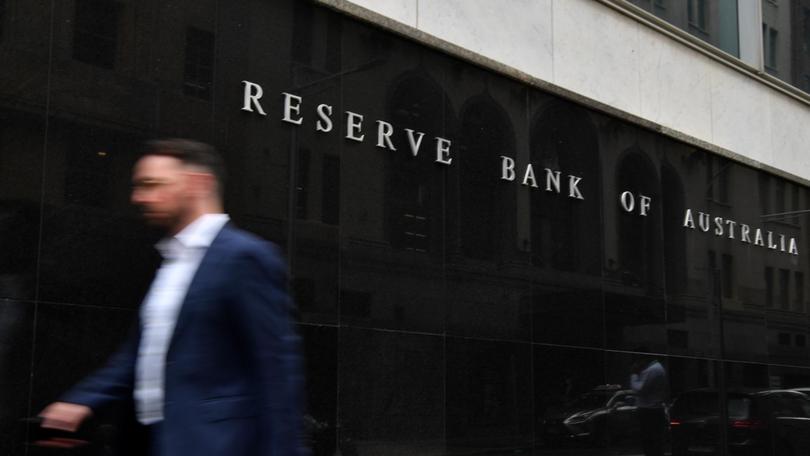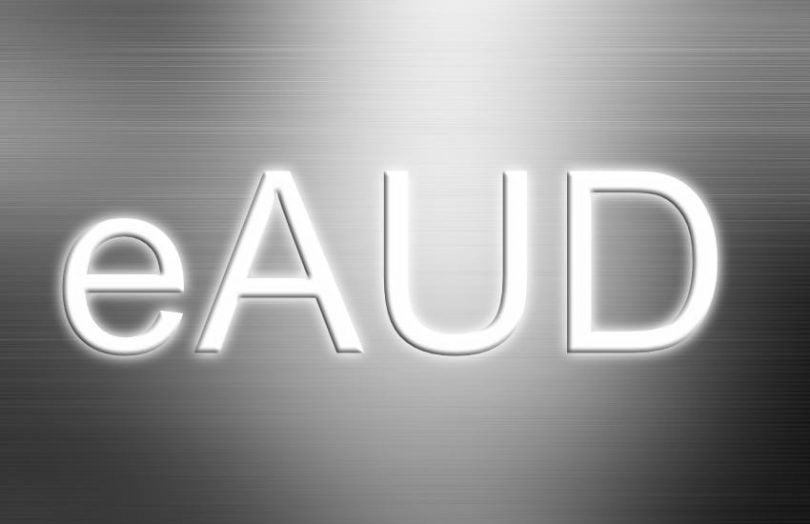The Reserve Bank of Australia (RBA) is expecting to push forward with its central bank digital currency (CBDC) pilot by mid-2023, according to a white paper published on Monday.

The purpose of the pilot is to “explore innovative use cases” that could be supported by the issuance of a CBDC, a media release said.
The plan, according to the Reserve Bank of Australia (RBA), is to research the use cases for a CBDC in Australia and try it out in an experiment using Quorum, an enterprise-grade, private variant of Ethereum.
The whitepaper states the project was also looking into regulatory considerations associated with a CBDC.
This actually kicked off in July and is being run in partnership with the Digital Finance Cooperative Research Centre (DFCRC), which means that the RBA won’t necessarily release a CBDC. However, the bank is seeking feedback from industry participants that will “contribute to ongoing research.”
The experiment is expected to end in the beginning of next year with results to be published in mid-2023, according to the document.
According to CoinTelegraph, the document was published in the wake of Australian opposition politician Andrew Bragg criticising the current government, led by Prime Minister Anthony Albanese, on its “inaction” when it came to cryptocurrency. The Albanese government has meanwhile announced it will use “token mapping” as a framework for regulation.
We did an article on that here.
The white paper provides additional details on the CBDC project including that Australia’s pilot currency would be called eAUD, and all participants in the project will need to be invited and approved.

As Decrpyt states, CBDCs are different from other digital currencies like Bitcoin because they are centralised. Bitcoin is decentralised meaning no central party has control of it. But CDBCs like the eAUD are controlled by the state’s central bank (ie the RBA).
Increasingly advancing times in the cryptocurrency industry within Australia as things continue to heat up. Around the globe, last week, five speakers at a hearing for the U.S. House Committee on Financial Services voted in favour of the U.S. developing a digital currency in some form, citing concern that it may be falling behind China.
